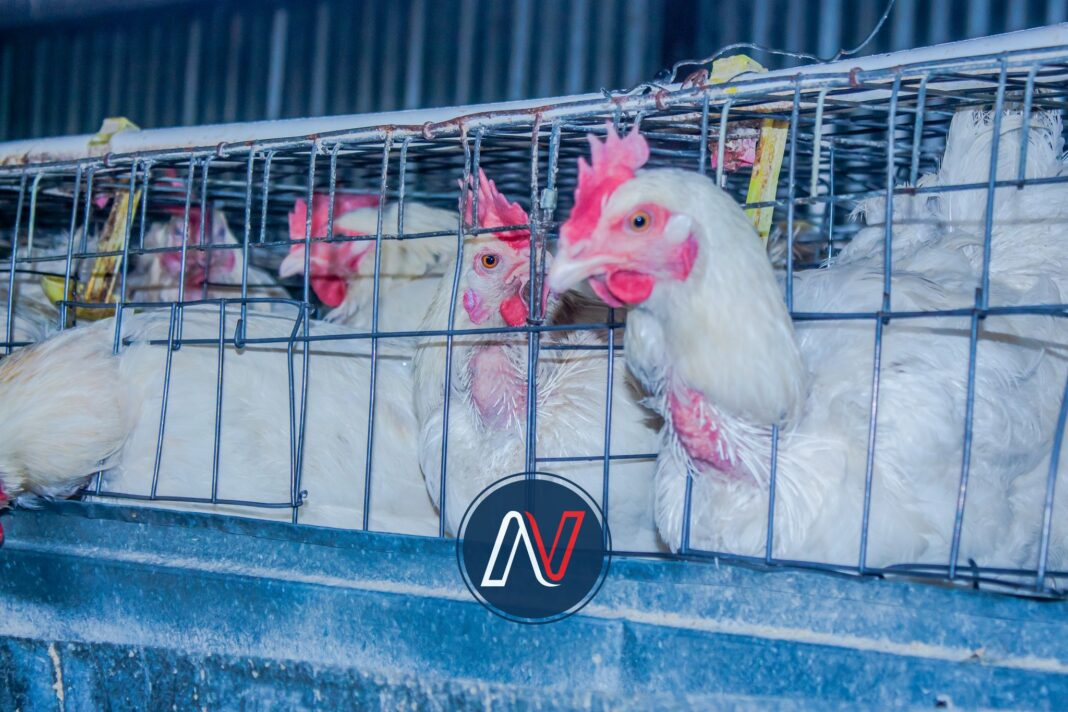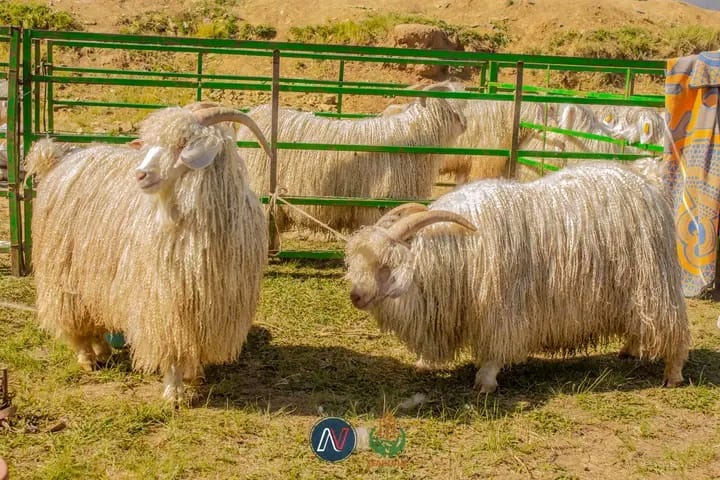Lerato Matheka
The World Food Forum 2024 has set the stage for transformative growth in Southern Africa’s agricultural landscape with the introduction of the Regional Investment in Poultry and Irrigation Initiative, a bold new project aimed at boosting regional food security through sustainable farming practices.
Unveiled during the global forum, the initiative seeks to direct targeted investments into poultry farming and irrigation projects across Southern Africa, with a particular focus on countries like Lesotho, where agricultural productivity remains low and climate vulnerability is high.
The poultry and irrigation sectors have been identified as key priority areas within Lesotho’s National Investment Plan (NIP), a strategic framework designed to bolster food production, improve livelihoods, and promote sustainable agricultural development. With the launch of this initiative, Lesotho envisions reaping significant benefits that could address some of the country’s longstanding challenges in food security and rural development.
Lesotho’s Opportunity for Growth
As a landlocked nation facing climate-related threats such as droughts and erratic rainfall, Lesotho’s agricultural sector has struggled to meet the food needs of its population. Poultry farming, which offers a relatively quick turnover and consistent income, has the potential to alleviate some of these food security concerns, particularly for rural households. Similarly, irrigation projects are critical for enhancing agricultural productivity, especially in regions that experience water scarcity.
The Regional Investment in Poultry and Irrigation Initiative, launched at the World Food Forum, promises to inject much-needed capital into these sectors. It will not only support smallholder farmers but also attract private sector investments that could drive technological advancements and infrastructure development in farming.
Priority Areas in Lesotho’s National Investment Plan (NIP)
Lesotho’s NIP clearly outlines poultry farming and irrigation systems as high-priority investment areas. The plan seeks to scale up climate-smart agriculture practices, improve food availability, and strengthen local value chains. This initiative aligns perfectly with these goals, offering an opportunity for Lesotho to increase poultry production and expand irrigated land, ultimately creating a more robust agricultural sector.
Through poultry farming, Lesotho hopes to diversify its food production base, reducing reliance on imported poultry products and providing a locally sourced alternative that could lower food costs and boost rural economies. Irrigation, on the other hand, will be essential for unlocking the full potential of the country’s agricultural land, ensuring that farmers can produce more consistently throughout the year, regardless of weather conditions.
Boosting Regional Food Security through Collaboration
The Regional Investment in Poultry and Irrigation Initiative highlights the importance of regional collaboration in tackling food insecurity. By focusing on Southern Africa’s shared agricultural challenges, the initiative aims to foster partnerships among governments, financial institutions, and the private sector. These partnerships are expected to generate investments that not only enhance agricultural productivity but also promote the region’s sustainable development goals.
In Lesotho, where over 70% of the population relies on agriculture for their livelihoods, the initiative’s impact could be transformative. Investments in modern poultry farming techniques and advanced irrigation infrastructure are anticipated to provide local farmers with the tools they need to boost yields, reduce food waste, and create more resilient farming systems.
The initiative is also expected to attract capacity-building programs that will train local farmers in efficient poultry and irrigation practices, empowering them to adopt sustainable methods that are environmentally friendly and financially rewarding. By improving access to water for irrigation and increasing poultry production, Lesotho can significantly reduce its food import dependency while enhancing the resilience of its rural communities to climate shocks.
A Vision of Sustainability and Prosperity
As the initiative takes shape, Lesotho’s participation is envisioned as a critical component of the country’s journey toward sustainable food production. Minister of Agriculture, Thabo Mofosi, who spoke at the World Food Forum, expressed optimism about the initiative’s potential to make a lasting impact on the country’s agricultural landscape.
“This initiative presents a tremendous opportunity for Lesotho to improve both our food production systems and the livelihoods of our farmers. With targeted investments in poultry and irrigation, we will be able to tackle some of the core challenges we face in agriculture—especially in enhancing productivity and ensuring that our farming practices are resilient to climate change.” Mofosi said.
Summary
- Lerato MathekaThe World Food Forum 2024 has set the stage for transformative growth in Southern Africa’s agricultural landscape with the introduction of the Regional Investment in Poultry and Irrigation Initiative, a bold new project aimed at boosting regional food security through sustainable farming practices.
- Unveiled during the global forum, the initiative seeks to direct targeted investments into poultry farming and irrigation projects across Southern Africa, with a particular focus on countries like Lesotho, where agricultural productivity remains low and climate vulnerability is high.
- With targeted investments in poultry and irrigation, we will be able to tackle some of the core challenges we face in agriculture—especially in enhancing productivity and ensuring that our farming practices are resilient to climate change.

Your Trusted Source for News and Insights in Lesotho!
At Newsday Media, we are passionate about delivering accurate, timely, and engaging news and multimedia content to our diverse audience. Founded with the vision of revolutionizing the media landscape in Lesotho, we have grown into a leading hybrid media company that blends traditional journalism with innovative digital platforms.








